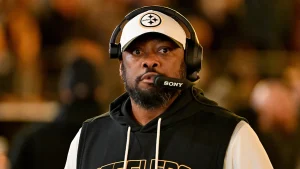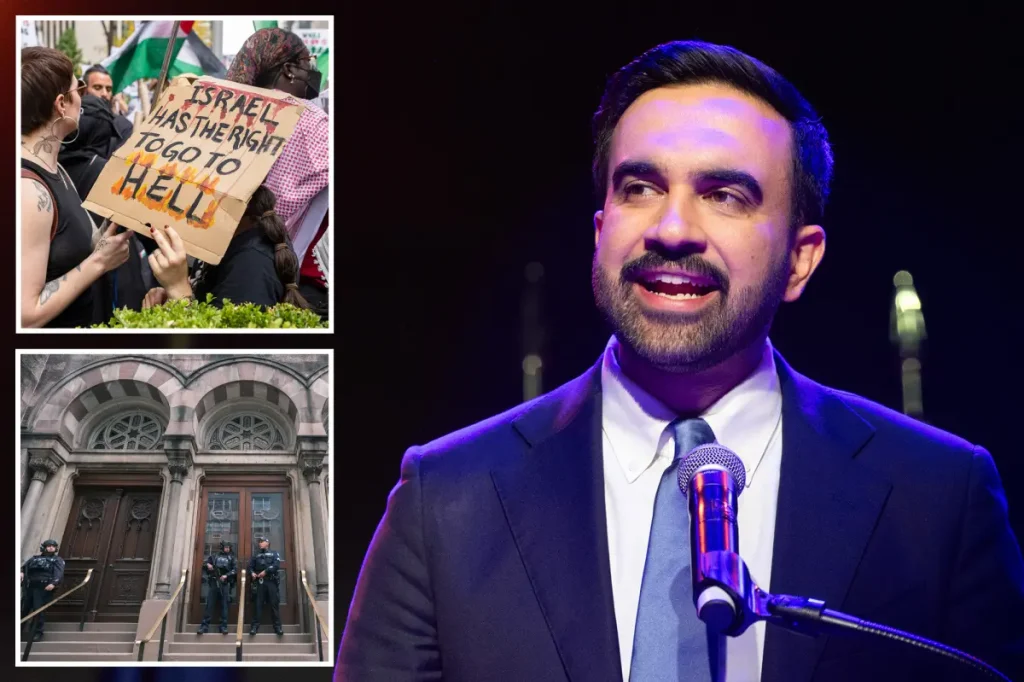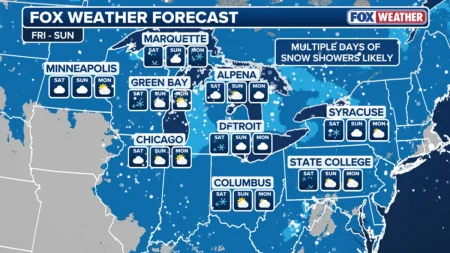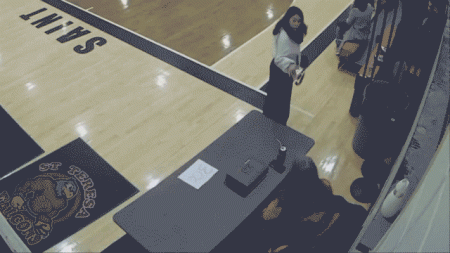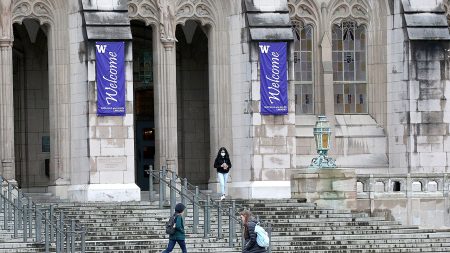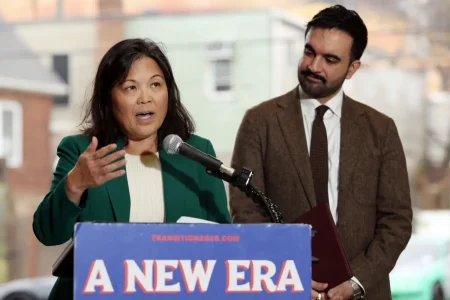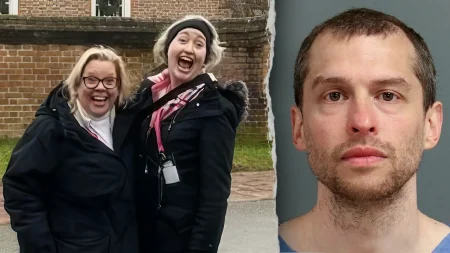Jewish Organizations Pledge Vigilance After Mamdani’s Mayoral Victory in NYC
In a decisive political upset that has sent ripples through New York City’s diverse communities, Zohran Mamdani has been elected as the next mayor of America’s largest city. The 34-year-old progressive candidate defeated former New York Governor Andrew Cuomo by a significant margin of 50.4% to 41.6%, while Republican candidate Curtis Sliwa trailed far behind with just 7.1% of the vote. This electoral outcome has particularly resonated within New York City’s Jewish community—the largest Jewish population in the diaspora—where major organizations have expressed deep concerns about Mamdani’s past criticisms of Israel and what they perceive as troubling positions on issues important to Jewish residents. The election highlights the growing tensions between progressive politics and traditional Jewish community concerns in a city that has historically been a center of Jewish culture, religion, and advocacy in America.
Following the election results, several prominent Jewish organizations quickly issued statements pledging to hold the mayor-elect accountable, particularly regarding issues of antisemitism and Israel. Sarah Forman, Executive Director of the New York Solidarity Network, articulated some of the most pointed concerns, stating, “Tonight the quiet normalization of antisemitism just got very loud. For years, Mayor-elect Mamdani’s activism was steeped in coded language about Jews, performative boycotts, exclusion, and overt hostility toward Israel.” Her comments reflect worries that Mamdani’s previous activism and statements might now translate into policies affecting the Jewish community in New York. Forman emphasized that his positions now “gain a platform with real consequences” given the significant Jewish population in the city, suggesting that rhetoric that might have once been confined to activist circles could now influence municipal governance and community relations throughout the five boroughs.
The response from New York’s Jewish organizational leadership was swift and coordinated, with several major institutions joining forces to issue a collective statement. The United Jewish Appeal-Federation of New York, Jewish Community Relations Council of New York, Anti-Defamation League of New York and New Jersey, American Jewish Committee of New York, and the New York Board of Rabbis acknowledged the democratic process while expressing their fundamental concerns about Mamdani’s positions. Their joint declaration noted that they “cannot ignore that the Mayor-elect holds core beliefs fundamentally at odds with our community’s deepest convictions and most cherished values.” This unprecedented unity among diverse Jewish organizations—spanning religious, communal, and advocacy spheres—signals the depth of concern within the community about what a Mamdani administration might mean for Jewish life in New York and for the city’s traditional support for Israel.
Despite these concerns, the organizations have adopted a forward-looking approach, emphasizing their commitment to constructive engagement with the new administration while maintaining vigilance around their core priorities. “Our agenda remains clear,” their statement continued, “We will hold all elected officials, including Mayor-elect Mamdani, fully accountable for ensuring that New York remains a place where Jewish life and support for Israel are protected and can thrive.” This balanced position acknowledges the democratic outcome while establishing clear expectations for the incoming mayor. The organizations particularly highlighted their ongoing commitment to “confront, without hesitation, the alarming rise in antisemitism and hate crimes, and loudly call out any rhetoric or actions that delegitimize Israel or excuse antisemitism.” This stance suggests they anticipate potential friction with the new administration but are prepared to navigate these challenges through civic engagement rather than outright opposition.
Mamdani’s victory comes at a particularly sensitive moment in New York City’s history, with antisemitic incidents having risen dramatically in recent years and tensions around Israel-related issues intensifying, especially on college campuses and in progressive political circles. The election outcome reflects broader political shifts in urban centers across America, where progressive candidates have increasingly gained traction with platforms that often include criticism of Israeli policies. For New York’s Jewish community, which has historically enjoyed significant influence in city politics and a generally supportive relationship with the mayor’s office across administrations of various political stripes, Mamdani’s election represents uncharted territory. Many community leaders now face the delicate task of establishing productive working relationships with a mayor whose views on Israel they find deeply troubling, while also ensuring their community’s safety and cultural continuity in an increasingly polarized environment.
As the city prepares for this transition of power, the situation highlights the evolving dynamics between progressive politics and traditional Jewish communal concerns in urban America. Mamdani’s administration will face the challenge of governing a diverse city where support for Israel has typically been a bipartisan position embraced by mayors across the political spectrum. Meanwhile, Jewish organizations will need to balance their role as advocates for their community’s interests with their broader commitment to civic engagement and the democratic process. The coming months will reveal whether this tension can evolve into constructive dialogue or whether it portends a more fractious relationship between City Hall and one of New York’s most historically significant communities. What remains clear is that both sides will be navigating a new political landscape where long-established assumptions about the relationship between New York City’s government and its Jewish community may no longer hold.
